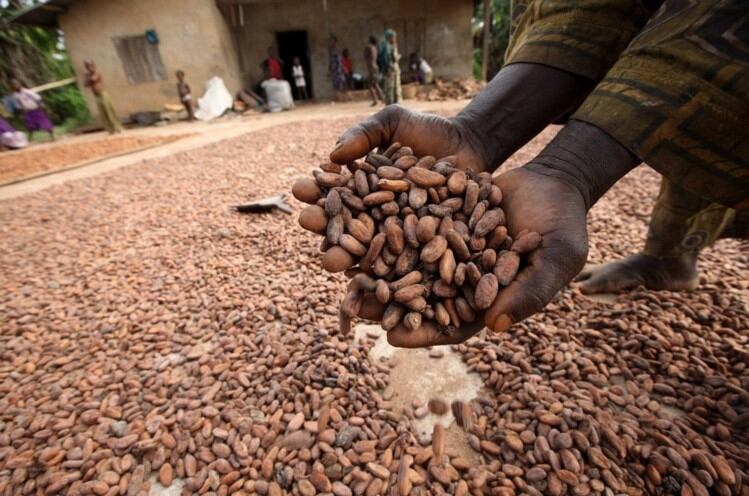A new anti-slavery bill requiring Australia’s biggest companies to address modern slavery in their supply chains could cost customers, says Nestlé.
The Australian government’s Modern Slavery Bill will require Australia’s largest businesses, with annual consolidated revenue of more than $100m (US$71m), to publish annual statements on the steps they are taking to address modern slavery in their supply chains and operations.
Nestlé has warned customers could face additional costs if Australia requires companies to report on modern slavery risks.
The Sydney Morning Herald reported that Nestlé, owner of more than 2,000 brands in 189 countries, has told a senate committee that Australia's proposed mandatory reporting requirements could add "cost and time" to businesses and suppliers, "which will need to be borne somewhere."
Mandatory requirements
"While we are of the view that the mandatory requirements are sensible, in practical terms this difference means that multinational companies will have to prepare bespoke statements for each country in which they are required to report," Nestlé’s submission said. " ... Not all suppliers may bear those costs themselves; some may pass them on to customers/consumers."
Nestlé informed Australia’s legislators that the Bill will "go significantly beyond those of the UK Act," which it claims only encourages businesses to report against similar criteria.
Modern slavery, as described in the Bill, ‘is a term used to refer to a range of exploitative practices including slavery and slavery-like practices/conditions (such as debt bondage, servitude, forced marriage and forced labor) and human trafficking (also referred to as trafficking in persons).’
The reports would have to cover issues related to the above description within businesses' operations and supply chains.
Nestlé told confectionerynews.com in June that forced child labor in the cocoa supply chain is unacceptable and it is against the practice. In July this year, it implemented a new responsible sourcing standard with mandatory requirements of suppliers relating to pay rates, working hours and workers' ages.
Financial penalties
The Swiss manufacturing giant also requested the Australian government examine implementing financial penalties for companies that failed to file a statement.
" ... our view is that the absence of penalties will be counterproductive in the medium term, and that penalties for failure to report should be a focus of the three year review," it said.
Its submission was backed by Human Rights Watch, a nonprofit, nongovernmental human rights organization. Elaine Pearson, the organization’s Australia director said: “Australia’s modern slavery bill takes some critical steps toward holding companies to account for serious abuses in their supply chains, but to be truly effective the law needs teeth.
“The bill should lower the threshold for reporting, require the government to publicize a list of companies required to report its practices, and impose penalties for noncompliance.”

